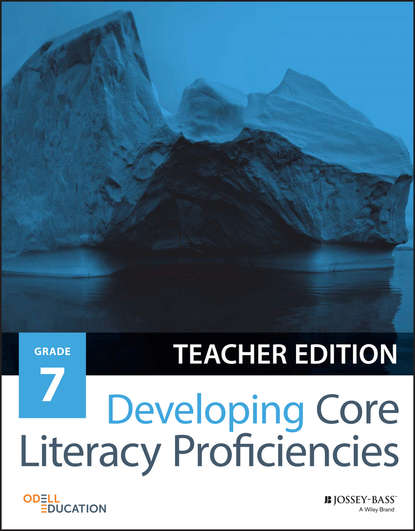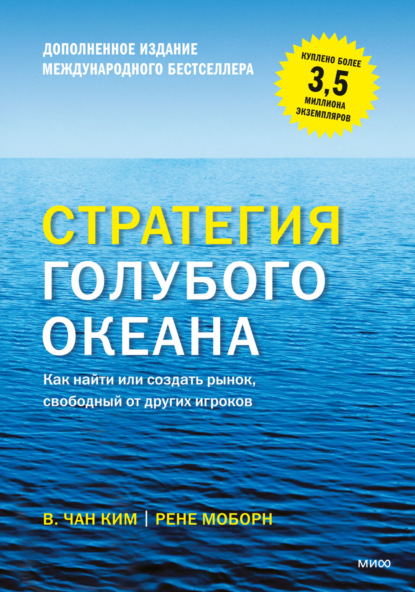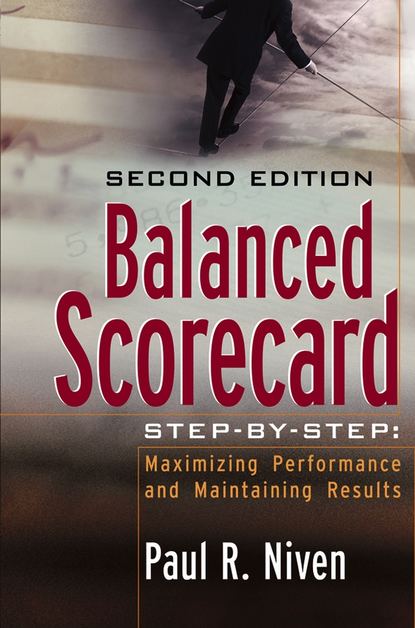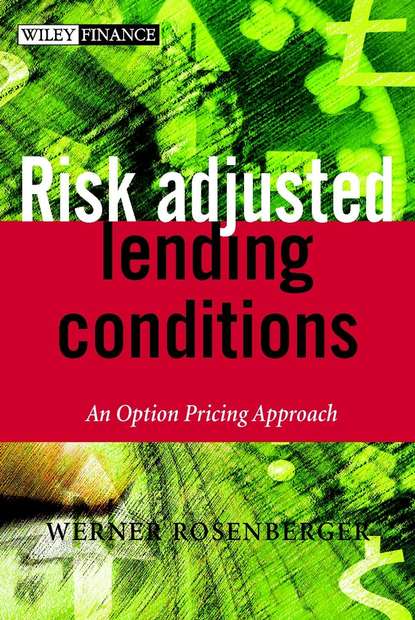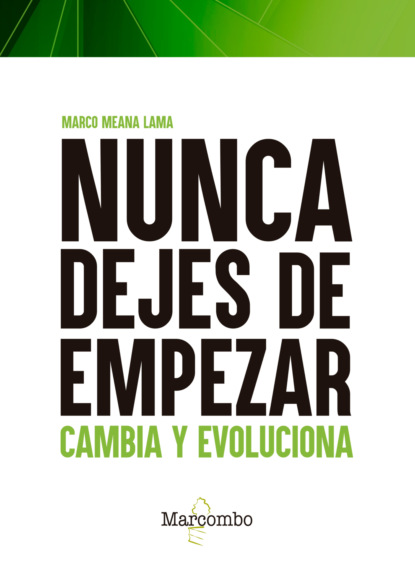Программа "Developing Core Literacy Proficiencies" является комплексным набором учебных единиц по английскому языку/литературе, охватывающих 6-12 классы и предоставляющих обучение грамотности на основе набора ключевых умений, заложенных в Государственные стандарты США (Common Core State Standards - CCSS). В рамках программы учащиеся развивают знания, грамотность и учебные навыки. Программа основана на развитии знаний, грамотности и учебных привычек. Учащиеся работают над этими тремя аспектами в интегрированной, интересной и мотивирующей форме. В рамках знаний учащиеся знакомятся с разнообразными текстами и темами, которые открывают для них новые идеи и перспективы культурного значения. В рамках грамотности программа основана на 20 ключевых навыках, которые развиваются и применяются в различных контекстах. В рамках учебных привычек программа развивает 12 важных привычек, необходимых для успеха в учебе и жизни. Программа включает в себя учебные единицы, учебные материалы, оценочные листы и графические организаторы, разработанные для поддержки различных образовательных потребностей учащихся. Система оценки, основанная на навыках грамотности и учебных привычках, позволяет оценивать развитие грамотности учащихся на протяжении всего учебного года и на всех уровнях обучения.
Программа Developing Core Literacy Profiencies разработана так, чтобы дети с самых ранних лет учились понимать смысл написанного, представлять образы, развивать речь логично и связно формулировать свои мысли. Это важная часть проекта под названием "Common Core State Standards". Следуя программе, учителя обучат детей способности внимательно читать тексты, не бояться делать собственные выводы и не боятся оценивать чужие слова. Ребята научатся анализировать, обобщать, аргументировать свою точку зрения и грамотно оформлять её в письменном виде.
The Developing Core Literacy Proficiency program is a comprehensive series of English/Language Arts grade six–twelve units that provide instruction guided by a list of essential literacy skills outlined by the Common Core Standards. Reading closely for details Synthesizing information Making an argument about literary style Grades nine–eleven Conduct research to deepen understanding Building an evidence-based argument This learning approach develops students’ knowledge, skills, and habits in the realm of reading and writing. Along with the curriculum, each activity aims to develop these components in a cohesive, interesting, empowering way: Knowledge: Students are introduced to a wide variety of topics and ideas with the intention of explicating perspectives that are crucial to knowledge-seeking conversation. Students not only expand their understanding of a given subject but also gain the ability to analyze and understand complex texts. Literacy skills: The skills range from inferencing to critical thinking and, as such, multiple opportunities for practice are provided. Each strand is covered throughout the course, constantly revised until a student has a solid grasp of each one. Academic practices: Students develop twelve key practices for academic engagement, learning, and growth; these are emphasized in accompanying instruction notes. Teachers are provided with guides to activate practices such as ‘planning’ or ‘organizing’. Materials for instruction are available in various formats; including detailed instruction material, teacher aids, assessments, criteria sets, and graphics to illustrate concepts. Ultimately, this structured evaluation scheme focuses on evaluating literacy skill development and progression throughout the school year.
Электронная Книга «Developing Core Literacy Proficiencies, Grade 7» написана автором Odell Education в году.
Минимальный возраст читателя: 0
Язык: Английский
ISBN: 9781119192909
Описание книги от Odell Education
The Developing Core Literacy Proficiencies program is an integrated set of English Language Arts/Literacy units spanning grades 6-12 that provide student-centered instruction on a set of literacy proficiencies at the heart of the Common Core State Standards (CCSS). Reading Closely for Textual Details Making Evidence-Based Claims Making Evidence-Based Claims about Literary Technique (Grades 9-12) Researching to Deepen Understanding Building Evidence-Based Arguments The program approaches literacy through the development of knowledge, literacy skills, and academic habits. Throughout the activities, students develop their literacy along these three paths in an integrated, engaging, and empowering way. Knowledge: The texts and topics students encounter in the program have been carefully selected to expose them to rich and varied ideas and perspectives of cultural significance. These texts not only equip students with key ideas for participating knowledgeably in the important discussions of our time, but also contain the complexity of expression necessary for developing college- and career-ready literacy skills. Literacy Skills: The program articulates and targets instruction and assessment on twenty CCSS-aligned literacy skills ranging from “making inferences” to “reflecting critically.” Students focus on this set of twenty skills throughout the year and program, continually applying them in new and more sophisticated ways. Academic Habits: The program articulates twelve academic habits for students to develop, apply, and extend as they progress through the sequence of instruction. Instructional notes allow teachers to introduce and discuss academic habits such as “preparing” and “completing tasks” that are essential to students’ success in the classroom. The program materials include a comprehensive set of instructional sequences, teacher notes, handouts, assessments, rubrics, and graphic organizers designed to support students with a diversity of educational experiences and needs. The integrated assessment system, centered around the literacy skills and academic habits, allows for the coherent evaluation of student literacy development over the course of the year and vertically across all grade levels.
